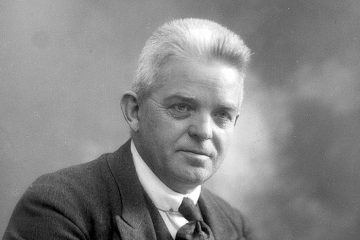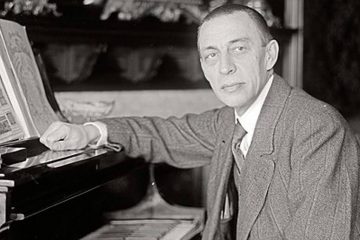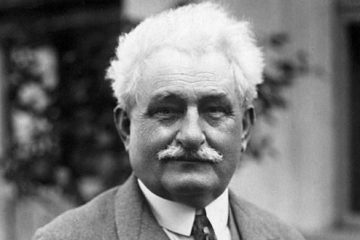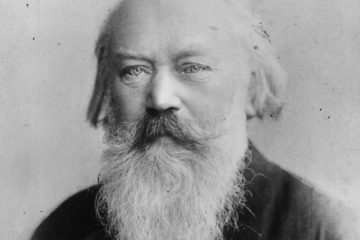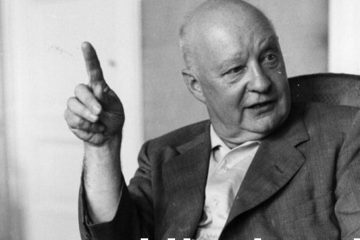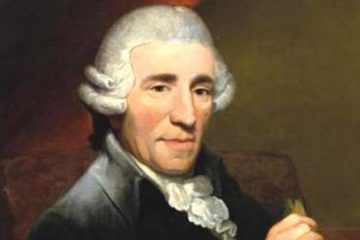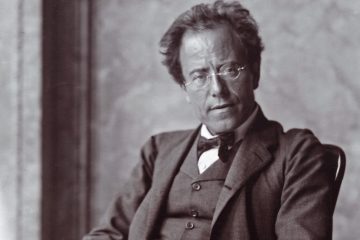Blogs
Carl Nielsen ‘Symphony 2 – The Four Temperaments’: A Character Study
Carl Nielsen: Symphony No.2 ‘The Four Temperaments’ Context Carl Nielsen was born in 1865 on the island of Funen (the third-largest island that is a part of Denmark). The Nielsen family were incredibly poor, however, his parents were keen musicians, with his father playing cornet and his mother, a singer. Read more…
